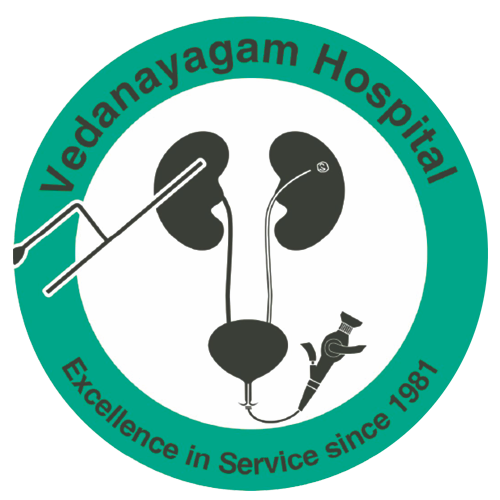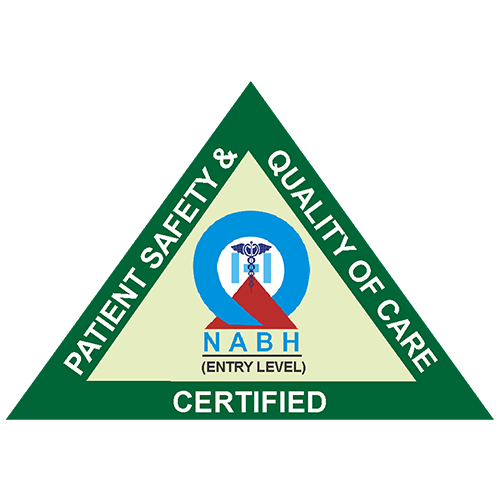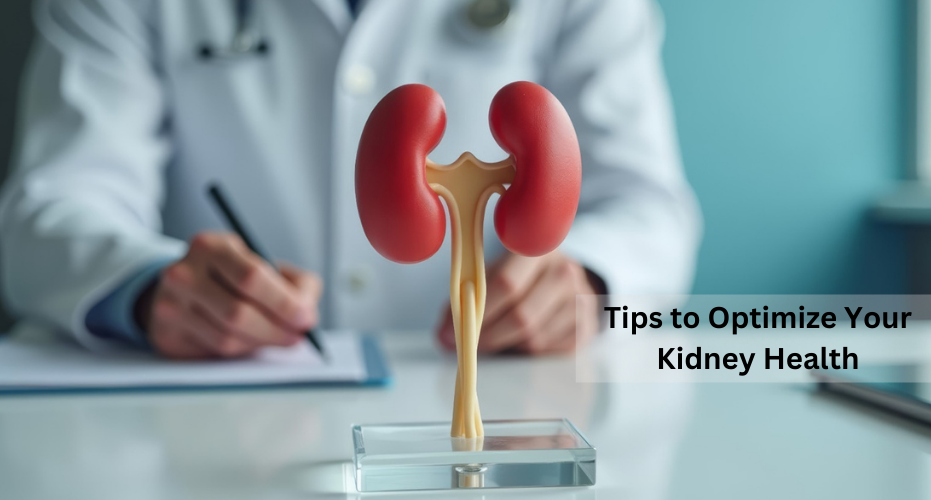Overview
Kidneys play a crucial role in maintaining your overall health. They filter waste and excess fluids from the blood, regulate blood pressure, and balance electrolytes. Therefore, keeping your kidneys healthy is essential for a long and healthy life. Here are some tips to help you optimize your kidney health.
Stay Hydrated
Water is vital for kidney function. Staying well-hydrated helps your kidneys clear sodium, urea, and toxins from the body. Aim to drink at least eight glasses of water daily, but adjust this amount based on your activity level, climate, and health condition. Remember, not all fluids are beneficial; avoid excessive intake of caffeinated and sugary drinks.
A balanced diet can prevent the onset of kidney disease. Incorporate a variety of fruits, vegetables, whole grains, and lean proteins into your meals. Limit the intake of processed foods, high-sodium foods, and those rich in unhealthy fats. Potassium-rich foods like bananas, oranges, and potatoes are excellent for kidney health, but those with existing kidney issues should consult their doctor about potassium intake.
Monitor Blood Pressure and Blood Sugar Levels
High blood pressure and diabetes are leading causes of kidney damage. Regularly monitor your blood pressure and blood sugar levels to ensure they stay within healthy ranges. If you have hypertension or diabetes, follow your doctor’s advice and medication regimen to manage these conditions effectively.
Exercise Regularly
Regular physical activity can help control blood pressure, maintain a healthy weight, and improve overall health, all of which are beneficial for your kidneys. Aim for at least 30 minutes of moderate exercise, such as walking, cycling, or swimming, most days of the week.
Avoid Overuse of Over-the-Counter Medications
Overuse of non-prescription medications can cause kidney damage. Use the medications only as directed and avoid long-term use unless prescribed by a healthcare professional. Always consult your doctor if you have concerns about the impact of medications on your kidney health.
Avoid Smoking and Limit Alcohol Intake
Smoking can damage blood vessels, reduce blood flow to the kidneys, and increase the risk of kidney cancer. Similarly, excessive alcohol intake can lead to high blood pressure, a risk factor for kidney disease. If you smoke, seek help to quit, and limit alcohol consumption to moderate levels.
Get Regular Health Check-ups
Regular health check-ups can help detect any early signs of kidney problems. Routine blood and urine tests can assess kidney function and spot potential issues before they become severe. If you have a family history of kidney disease or other risk factors, discuss with your doctor how often you should get tested.
Manage Stress
Chronic stress can negatively impact your overall health, including your kidneys. Incorporate stress management techniques such as meditation, deep breathing exercises, and hobbies that help you relax and unwind. A healthy mind contributes to a healthy body, including your kidneys.
Be Cautious with Supplements and Herbal Remedies
Some supplements and herbal remedies can be harmful to your kidneys, especially in large amounts or when taken with certain medications. Always consult your healthcare provider before starting any new supplement or herbal product.
Maintain a Healthy Weight
Being overweight or obese increases the risk of conditions that can damage the kidneys, such as diabetes and hypertension. Focus on a balanced diet and regular exercise to maintain a healthy weight. If you need help with weight management, consider consulting a nutritionist or dietitian.
Conclusion
Optimizing your kidney health involves a combination of healthy lifestyle choices and regular medical care. By staying hydrated, eating a balanced diet, exercising regularly, and avoiding harmful habits, you can support your kidneys and overall health. Regular check-ups and managing existing health conditions are also crucial in preventing kidney disease. Prioritize your kidney health today for a healthier tomorrow.




